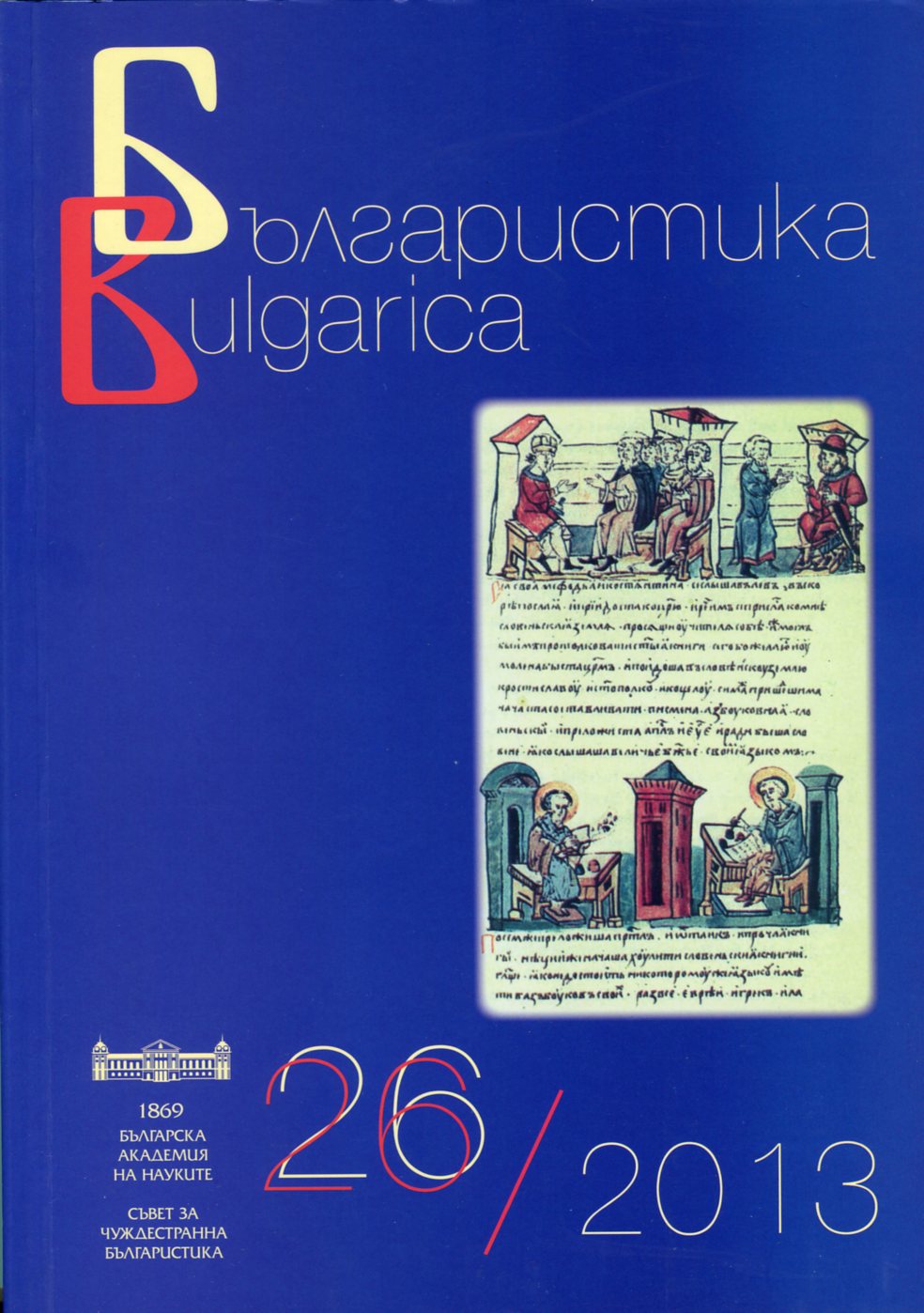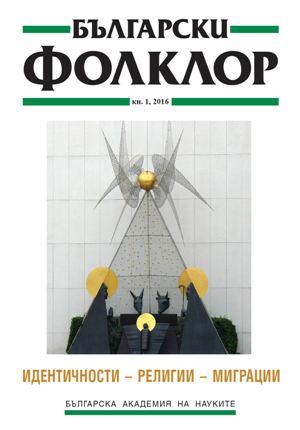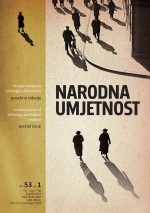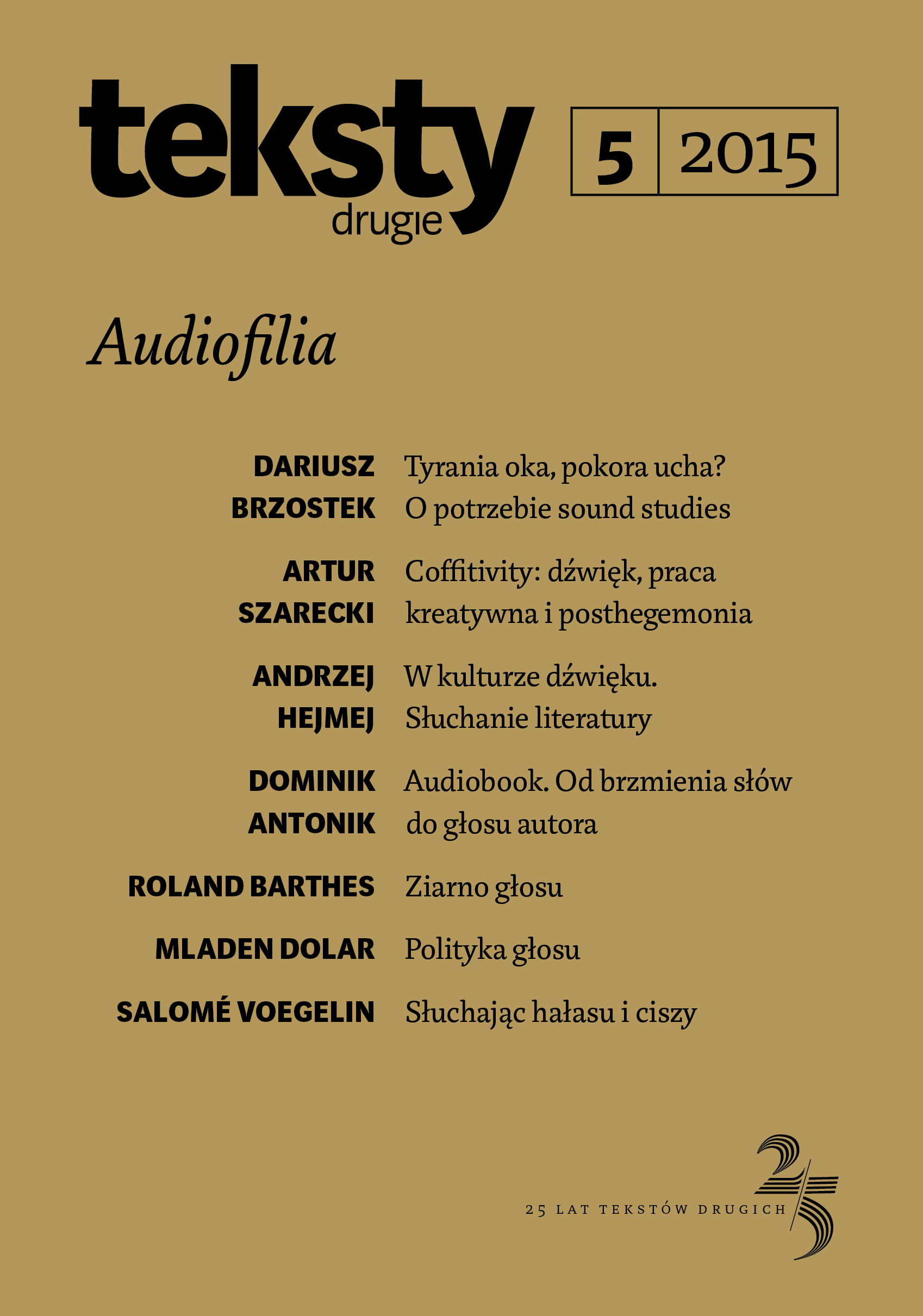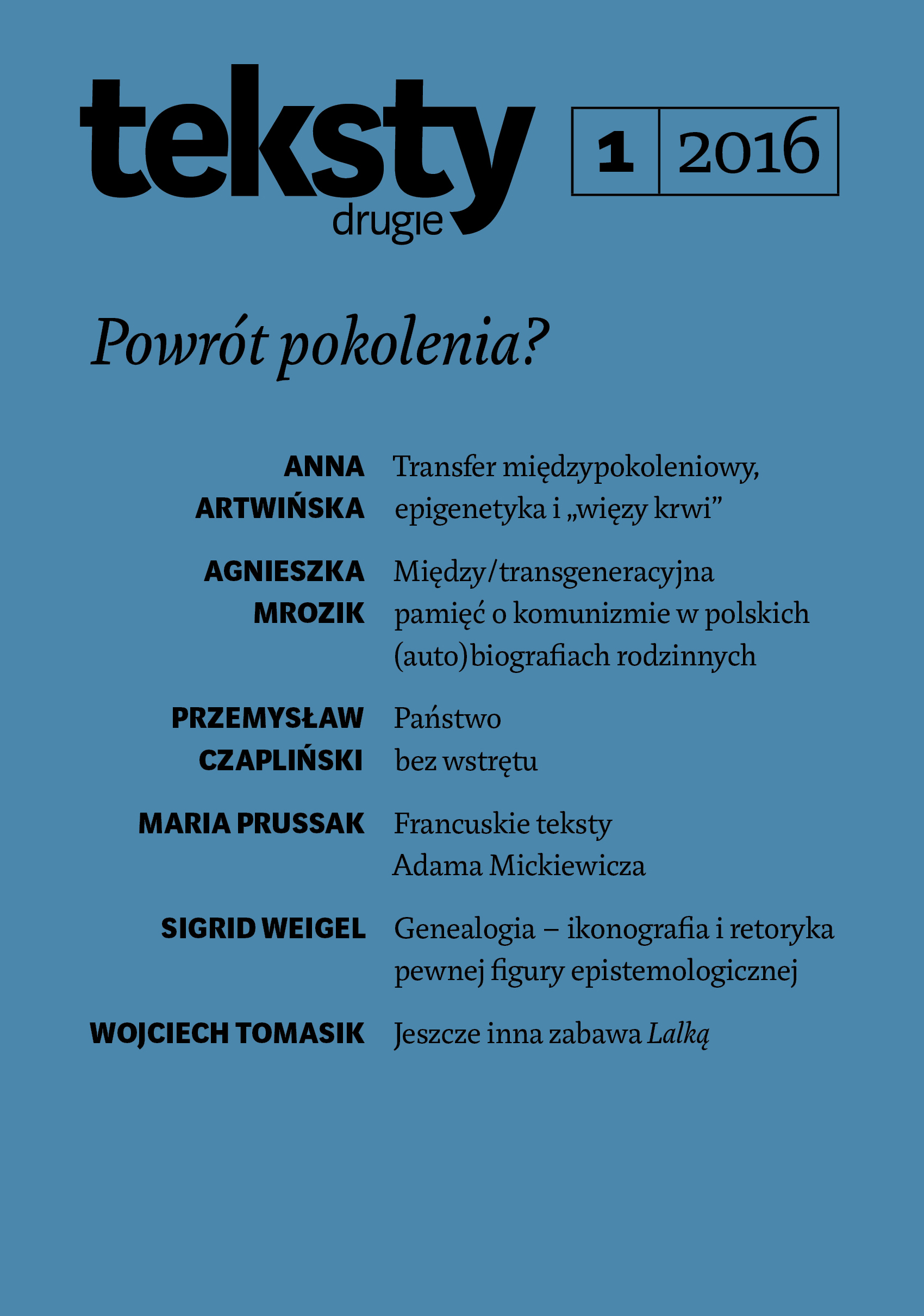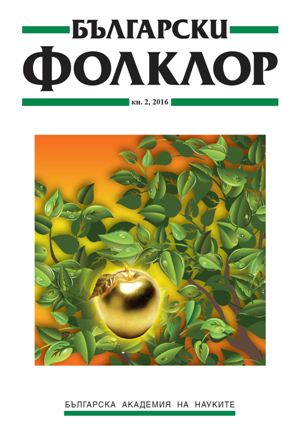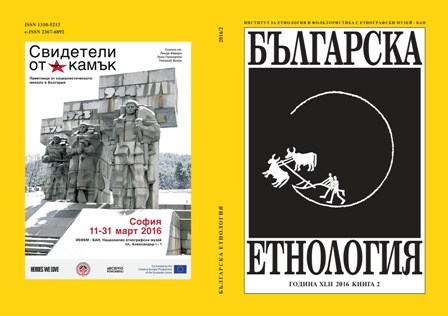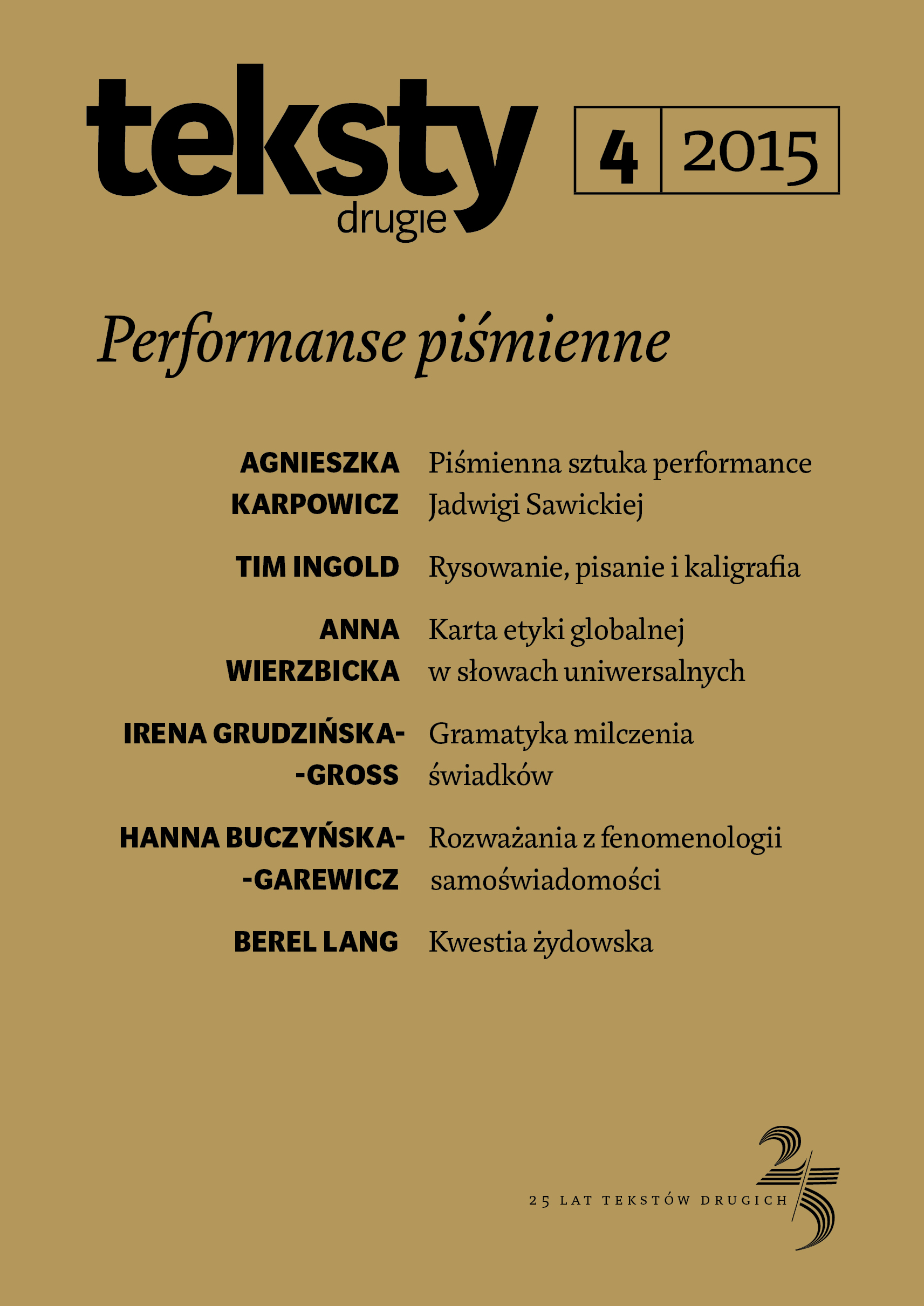
„Aż do najmniejszej kropki”: o prawie i biurokracji filomatów
In this article Sikora examines what role the writing down of the law played for the Philomath Society. She focuses on the process of formulating the law and the norms regulating communication within the group. Basing her analysis on their correspondence, protocols, successive drafts of the law, etc., Sikora suggests that the behavioural formalization constituting the Vilnius students’ secret organization was accomplished principally through a regulation of writing practices. The very process of formulating the law aimed at creating a bureaucratic disciplinal system that would guarantee the founders’ influence. Exploring the contradiction between the Society’s declared values their accepted protocol of communication, Sikora also asks in how far members would have internalized the ambivalence of their protocol.
More...
